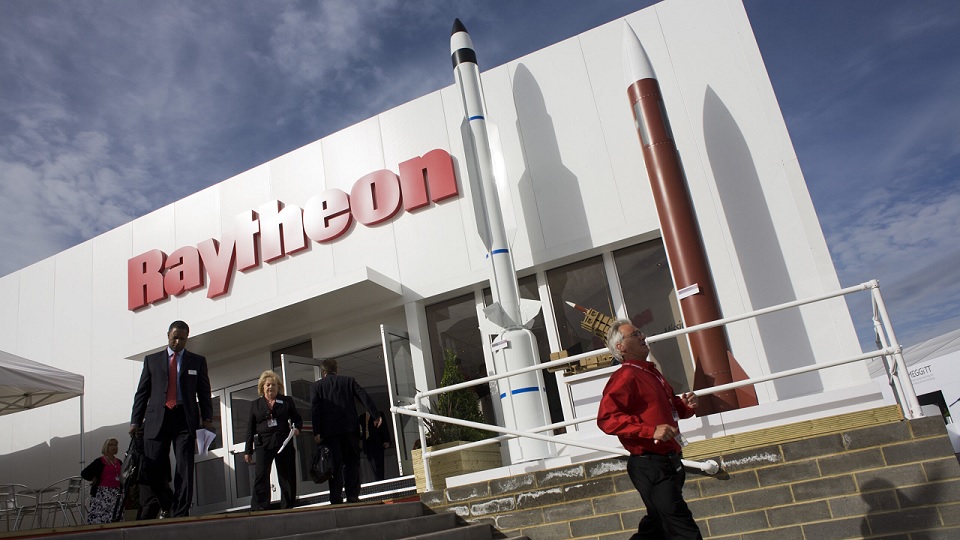Pentagon contractor faces penalties for defrauding the U.S. government and violating export laws.
Defective Pricing and Bribery Charges
Raytheon and its subsidiary RTX will pay over $950 million in fines for engaging in defective pricing and foreign bribery schemes. The U.S. Justice Department (DoJ) announced the penalties following an investigation into Raytheon’s conduct involving several government contracts. The company defrauded the U.S. government by providing false and misleading information during contract negotiations, particularly for the Patriot air defense system. This deceptive conduct was done in the interest of a foreign partner, further exacerbating the severity of the offense.
Involvement in Government Fraud and Export Violations
Raytheon’s involvement in government fraud schemes extended beyond pricing issues. The company violated the Foreign Corrupt Practices Act (FCPA), the Arms Export Control Act (AECA), and the International Traffic in Arms Regulations (ITAR). These violations point to a pattern of misconduct that affected the integrity of U.S. defense contracts and national security. By failing to follow these critical regulations, Raytheon compromised U.S. efforts to maintain strict controls over sensitive defense technologies and services.

False Information Provided to the Pentagon
Raytheon misled the Pentagon by providing inaccurate information during negotiations for two major contracts. These contracts involved the delivery of critical defense systems, including the Patriot air defense system, which is vital to U.S. national defense and its foreign partners. The company’s actions undermined trust in the defense procurement process and damaged the U.S. government’s ability to negotiate fair contracts.
Fines and Ongoing Scrutiny
The nearly $1 billion penalty represents a major financial hit for Raytheon, one of the largest defense contractors in the U.S. The Justice Department emphasized that companies engaging in fraudulent and corrupt practices will face significant consequences. Raytheon’s violations not only hurt taxpayers but also compromised the integrity of critical defense programs. The case against Raytheon remains a stark reminder of the need for transparency and accountability in defense contracting.
Broader Context and Impact
The Raytheon case has sparked renewed discussion about corruption and compliance in the defense industry. As the Pentagon continues to rely on contractors like Raytheon for critical defense technologies, this case highlights the risks of insufficient oversight. The fallout from this investigation may lead to stricter regulations and closer scrutiny of defense contractors. The U.S. government will likely take steps to ensure future contracts are handled with more transparency and that contractors are held accountable for their actions.
Raytheon’s massive penalty also arrives amid broader geopolitical tensions. The German Ministry of Defense recently decided against sending additional Leopard 2 tanks to Ukraine, despite having 300 units available. This decision, alongside Raytheon’s legal troubles, underscores the complex and high-stakes nature of international defense cooperation and procurement.




